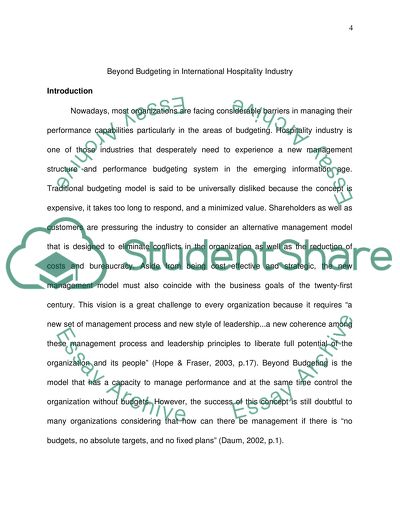Cite this document
(“Beyond Budgeting Essay Example | Topics and Well Written Essays - 2500 words - 1”, n.d.)
Beyond Budgeting Essay Example | Topics and Well Written Essays - 2500 words - 1. Retrieved from https://studentshare.org/miscellaneous/1575093-beyond-budgeting
Beyond Budgeting Essay Example | Topics and Well Written Essays - 2500 words - 1. Retrieved from https://studentshare.org/miscellaneous/1575093-beyond-budgeting
(Beyond Budgeting Essay Example | Topics and Well Written Essays - 2500 Words - 1)
Beyond Budgeting Essay Example | Topics and Well Written Essays - 2500 Words - 1. https://studentshare.org/miscellaneous/1575093-beyond-budgeting.
Beyond Budgeting Essay Example | Topics and Well Written Essays - 2500 Words - 1. https://studentshare.org/miscellaneous/1575093-beyond-budgeting.
“Beyond Budgeting Essay Example | Topics and Well Written Essays - 2500 Words - 1”, n.d. https://studentshare.org/miscellaneous/1575093-beyond-budgeting.


